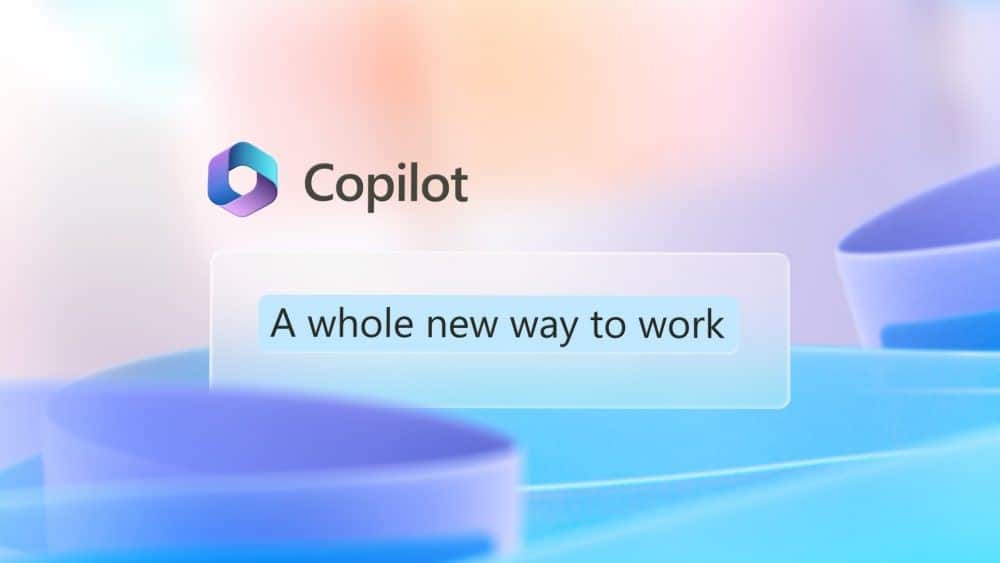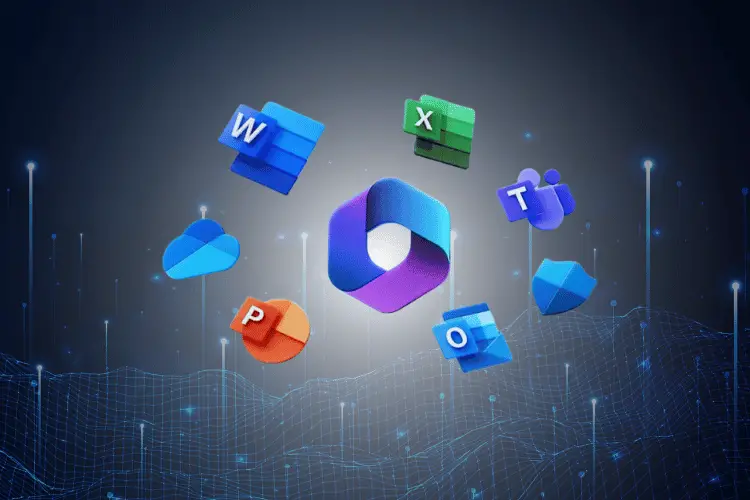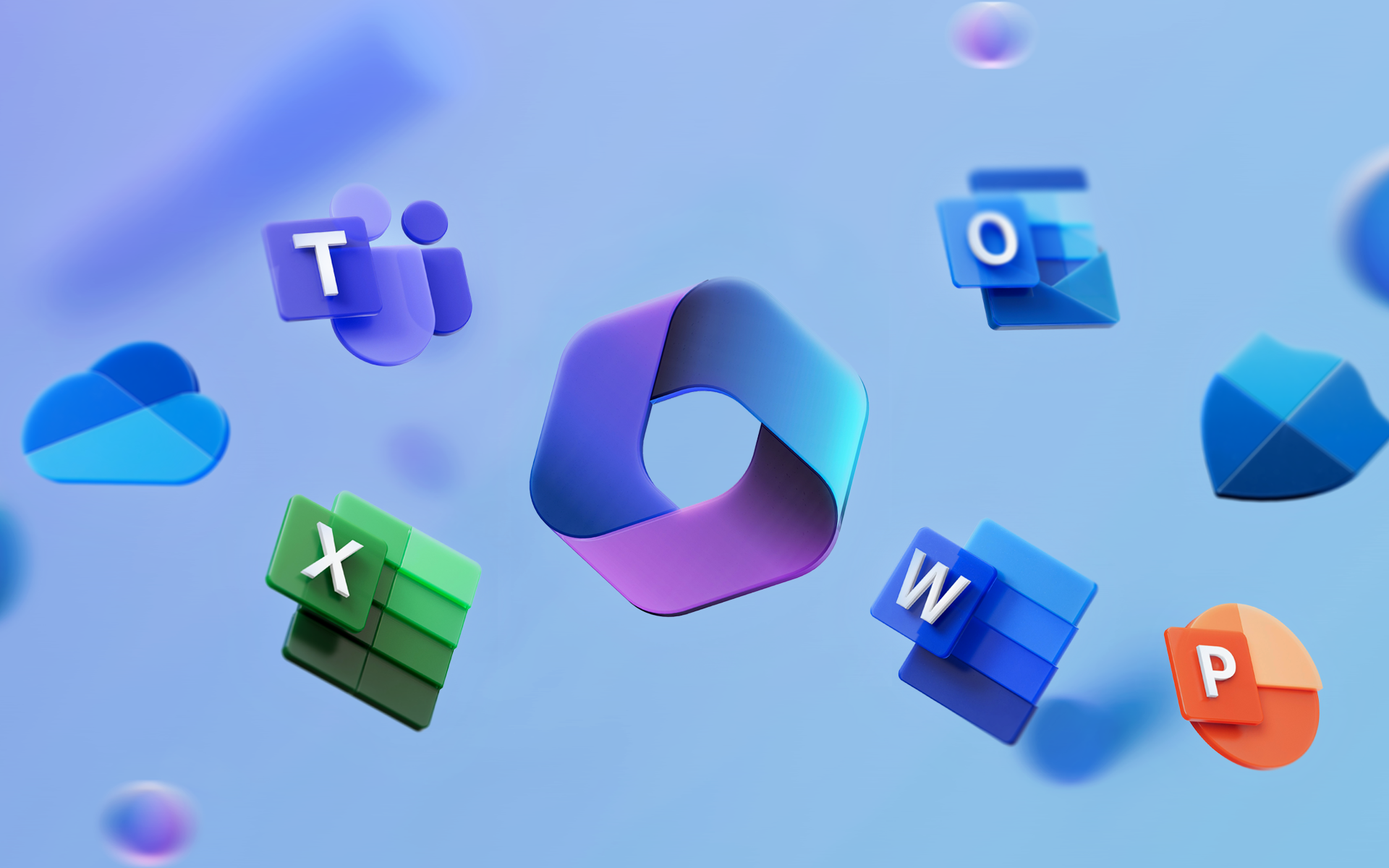The Impact of Microsoft Copilot on Software Development Processes

Introduction:
Microsoft Copilot is an AI-powered programming assistant that helps developers write better code faster. It is designed to work with popular programming languages such as Python, JavaScript, Java, and C#. Copilot has the potential to revolutionize software development processes by automating many of the repetitive tasks that developers currently perform.
Benefits:
Copilot can save developers time by automatically completing lines of code, suggesting new functions and algorithms, and helping to fix errors. This can free up developers to focus on more creative and challenging tasks, such as designing new features or refactoring existing code.
Challenges:
Despite its benefits, Copilot also poses some challenges for software development teams. One potential problem is that Copilot can generate code that is not always correct or efficient. This can lead to errors and security vulnerabilities, which can be costly to fix. Another challenge is that Copilot does not always understand the context of the code it is generating. This can lead to it suggesting code that is not relevant to the task at hand.
How to use Copilot Effectively:
To use Copilot effectively, developers need to be aware of its strengths and weaknesses. They should not rely on Copilot to write all of their code for them, but they should use it as a tool to help them write better code faster. Developers should also take the time to review the code that Copilot generates before using it in their own projects.
Conclusion:
Microsoft Copilot is a powerful tool that has the potential to revolutionize software development processes. However, it is important to use Copilot effectively to avoid potential problems. By understanding its strengths and weaknesses, developers can use Copilot to improve their productivity and write better code faster.## The Impact of Microsoft Copilot on Software Development Processes
Executive Summary

Microsoft Copilot, an AI-powered development assistant, has the potential to significantly transform software development methodologies. Its capabilities include generating code, suggesting refactoring, and assisting with debugging and testing. This paper investigates the impact of Copilot on key aspects of software development, including productivity, code quality, and collaboration, revealing its potential to enhance efficiency, optimize resource allocation, and foster knowledge sharing. However, concerns regarding ethical considerations, such as potential bias and intellectual property implications, ought to be meticulously addressed to ensure responsible and sustainable adoption.

Introduction
The introduction of Microsoft Copilot has injected a new level of sophistication and efficiency into the software development process. This comprehensive analysis aims to illuminate the multifaceted impact of Copilot, encompassing its potential benefits and potential drawbacks. We delve into specific aspects of software development, scrutinizing Copilot’s influence on each phase, and propose appropriate measures to maximize its utilization while mitigating any associated risks.
Subtopics
1. Enhanced Productivity
- Automates repetitive tasks: Copilot generates code, suggestions, and fixes, freeing developers to focus on higher-level tasks.
- Facilitates faster development: Code completion and intelligent suggestions accelerate development timelines.
- Reduces research time: Copilot’s search engine and example database provide instant access to relevant resources.
2. Improved Code Quality
- Enforces best practices: Copilot adheres to coding conventions, ensuring consistent and clean code.
- Detects and corrects errors: Copilot’s suggestions often include error detection and correction mechanisms.
- Simplifies complex tasks: Copilot aids in tackling intricate coding challenges, reducing the likelihood of errors.
3. Optimized Collaboration
- Facilitates knowledge sharing: Developers can share Copilot-generated solutions, promoting cross-team learning.
- Enables code review optimization: Copilot’s suggestions provide a basis for code reviews, enhancing their efficiency.
- Fosters team engagement: The collaborative nature of Copilot encourages developers to engage in constructive discussions.
4. Ethical Considerations
- Addressing bias: Copilot’s training data may inadvertently introduce biases, raising ethical concerns.
- Protecting intellectual property: The use of Copilot-generated code necessitates clear guidelines to prevent copyright infringement.
- Ensuring transparency: Openness and transparency regarding Copilot’s capabilities and limitations are crucial for responsible adoption.
5. Future Implications
- Integration with other tools: Copilot’s integration with existing development tools will further enhance its capabilities.
- Advanced AI algorithms: Future advancements in AI algorithms promise to unlock even more transformative features.
- Impact on the workforce: Copilot’s impact on job roles and the future of software development is an ongoing topic of discussion.
Conclusion
Microsoft Copilot holds immense potential to revolutionize software development practices. Its ability to augment developer productivity, optimize code quality, and foster collaboration is undeniable. By proactively addressing ethical considerations and capitalizing on future advancements, organizations can harness the transformative power of Copilot to achieve unparalleled innovation and efficiency. This groundbreaking technology stands poised to reshape the software development landscape, empowering developers to reach new heights of productivity and creativity.
Keyword Tags
- Microsoft Copilot
- AI-powered development assistant
- Software development methodologies
- Enhanced productivity
- Improved code quality
- Optimized collaboration
- Ethical considerations
FAQs
1. Is Microsoft Copilot free to use?
Copilot offers a free trial, after which a subscription fee is required.
2. Does Copilot support all programming languages?
Copilot primarily supports Python, C#, JavaScript, TypeScript, and Java.
3. How does Copilot handle potential bias?
Microsoft actively monitors and addresses biases in Copilot’s training data to minimize their impact.
4. Can Copilot generate entire applications?
Copilot primarily assists with code generation and suggestions within existing projects, rather than generating complete applications on its own.
5. What is the future of Copilot?
Microsoft continues to invest in Copilot’s development, with plans to enhance its capabilities and integrate it with more tools.
